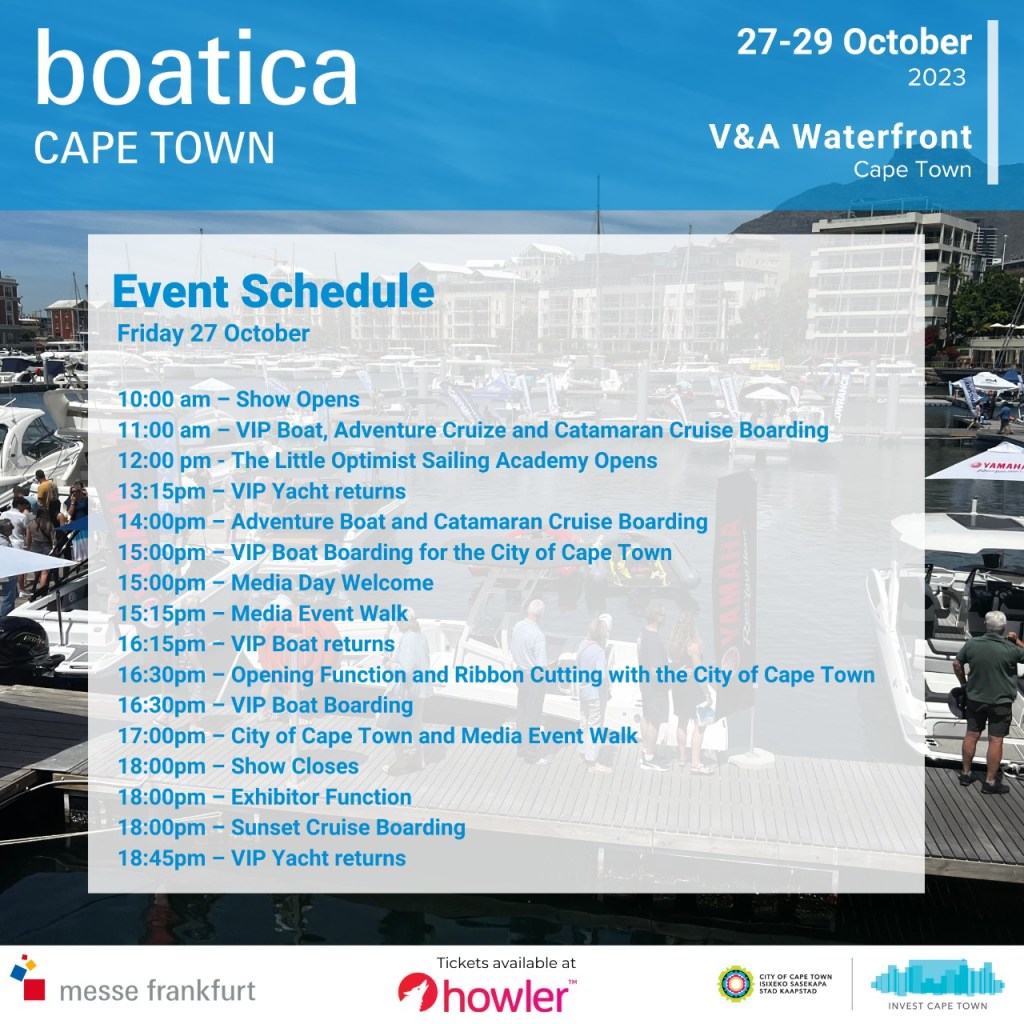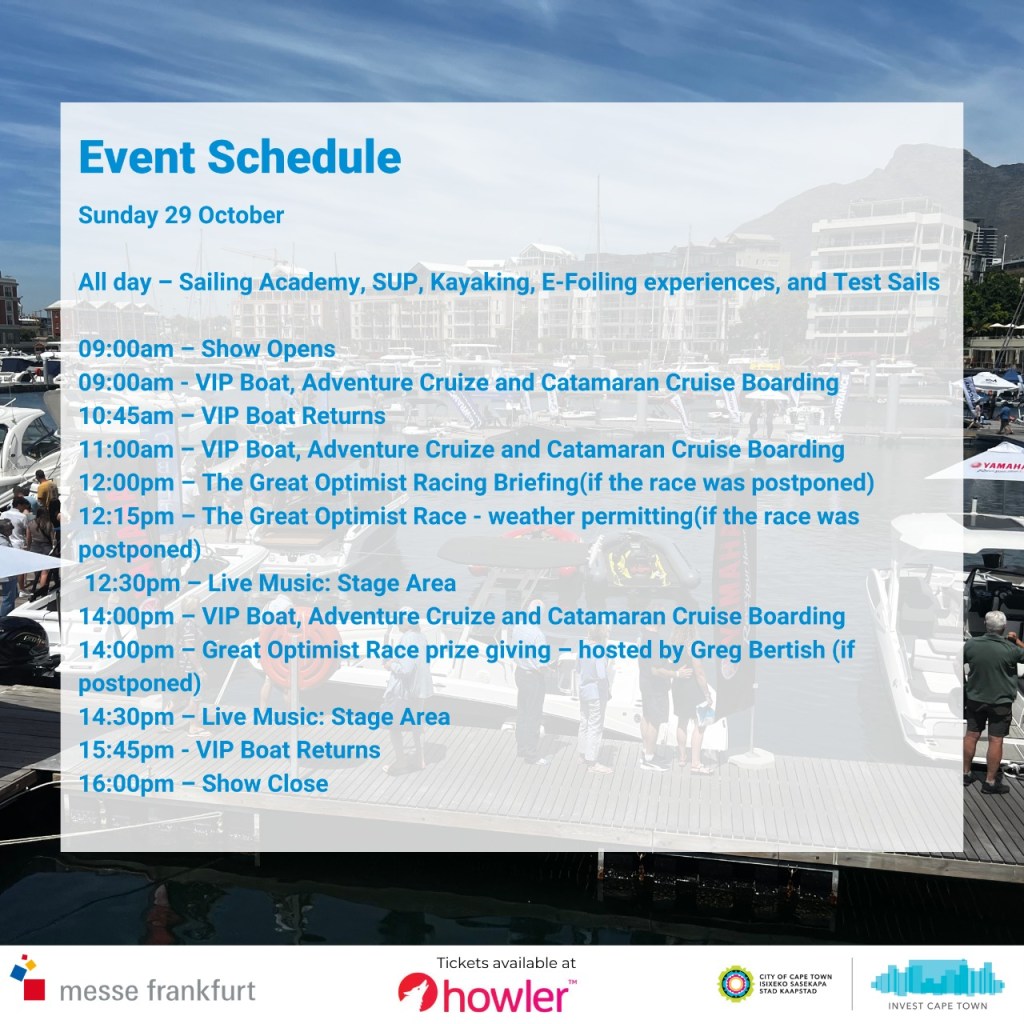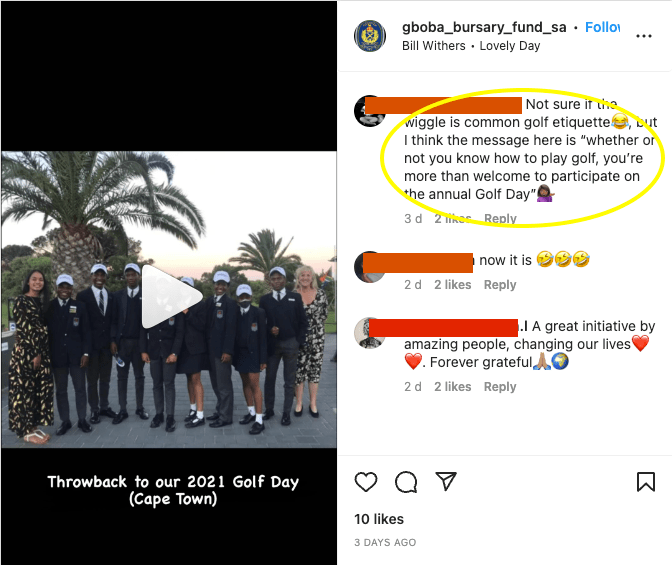There is a lot of talk around creating an enabling environment within the maritime industry to foster growth and inclusivity. In this context we view enablers as positive drivers. But, as we approach International Day for Women in Maritime, we need to be cognisant of another type of enabling environment – one with devastating consequences.
TRIGGER WARNING: This blog discusses issues of sexual assault, bullying and harassment.
You see – the reality of abuse, bullying and sexual assault is that it relies on an enabling environment where silence allows perpetrators to continue even when their actions are known or at the very least suspected.
Recent revelations by women around the globe across industry sectors prove this. Every serial abuser is surrounded by enablers; people who are willing to simply ignore or are actively complicit in the situation and who do not speak out against it. While sentiment is shifting, the subject is still taboo within many circles where gender stereotypes fester.
The living conditions on board vessels amplify the problem. Unlike shore-based professions where victims of abuse can return to the safety of their homes at the end of the day – at sea they are forced to live, eat and sleep within reach of their persecutors creating an optimal environment for the abuse to continue. It is within this environment that many choose to turn a blind eye to what must be somewhat evident.
Trained to accept the status quo
In addition, based on some of the incidents that are now being reported, it is during cadetships and training that many women appear to be most vulnerable. As young women they find themselves working within an environment where they are outnumbered and outranked by men. Sadly, it is within this crucial part of their journey towards becoming career seafarers that they are often exposed to harassment and even assault.
According to one survivor, who is now involved in turning the tide on such incidents, these incidents often result in women leaving the sector or rethinking their ambitions of a life at sea. She believes that this developmental stage of seafarer careers needs to be addressed and acknowledges that many men are also bullied back to shore.
The result is that those men and women that should be at sea and who would generally be less likely to become perpetrators are the ones being forced out by this unreported criminal behaviour. It’s a Catch 22 situation that provides an enabling environment which allows the perpetrators to rise within the ranks while others are weeded out.
The young TNPA (Transnet National Ports Authority) cadet, Akhona Geveza was just 19 in 2010 when she died while serving on board the Safmarine Kariba. Speculation at the time around her cause of death highlighted the vulnerability of young men and women at sea as claims arose about how several cadets in South Africa’s maritime studies programme were subjected to “systematic abuse of power by senior officers, who threatened cadets’ careers if they did not perform sexual acts”. (Reported in a Sunday Times article at the time)
Difficult reports
According to Safer Waves, an organisation that was established in 2019 to provide support to merchant seafarers, there are many indications that shipping companies and senior officers continue to mishandle allegations of abuse that are reported to them.
“There is plenty of anecdotal evidence of seafarers being given poor advice, being ignored, being made to feel worse, authorities failing to investigate alleged sexual violence, victims being transferred off of ships rather than removing the offenders, and cover-ups between officers. Unsurprisingly then, victims often keep their experiences to themselves,” they contend.
In an industry where 25 percent of surveyed women state that physical and sexual harassment is common on board vessels it becomes vital to vocally address this enabling environment. This statistic, as revealed in a survey undertaken by the Women In Shipping & Trading Association (WISTA), should be highlighted alongside the reality that 66 percent of women indicate that they have been intimidated by male co-workers while serving at sea.
Seeking help while still at sea can be difficult, especially within an environment that is by its very nature not conducive to protecting the needs of those at risk. Imagine having to report an incident within a system that values obedience and the hierarchal structure of ranks. Imagine having to continue living in this environment until at very least the next port – in close confines with the person who is responsible for your trauma as well as those who would rather turn a blind eye to the situation in order to maintain the status quo.
It is no wonder that most prefer to report incidents anonymously via email or hotlines. Sadly, this continues to shroud the victims in unwarranted shame while those at fault remain largely unscathed.
Standing up and speaking out
But the tide is turning. Organisations such as Safer Waves as well as the many seafarer welfare and women’s associations are helping move the conversation forward. More importantly, victims are beginning to speak out and hold those that are guilty of abuse accountable – oftentimes decades after the incidents occurred.
Midshipman X took a bold stand by coming forward publicly to denounce her treatment as a cadet on board a Maersk vessel. Others too are adding their names to the list – and one can only wonder whether the increased openness to have these kind of conversations may have saved South African seafarer, Geveza if we had been more proactive much earlier.
Because the truth is you know someone. You know someone that is both the victim and the perpetrator. You may not know exactly who they are, but trust me they are within your professional circle. This means that we all have to make a choice to stand up and dismantle the environment of enablers.
Seemingly innocent remarks that diminish the agency of any rank, gender or other minority at sea should be unacceptable within our midst. It is our responsibility to develop the courage to stand up when we see or hear about incidents.
Become dismissive
The old ethos of “what did she expect”; “women don’t belong at sea” or any other diatribes that shift the blame from the perpetrator to the victim need to be dismissed. What a woman wears or where she finds herself within any profession cannot be used to explain away the behaviour of abusers. It is time to stop policing women and rather educate men and boys about their responsibility to behave like decent human beings.
Many of those that speak out do so in an attempt to save future generations and other women serving with their perpetrators. Most do not receive any real catharsis from doing so and certainly there is rarely much of a fallout for those who continue to take advantage of their position at sea.
One can only applaud SAMSA’s (South African Maritime Safety Authority) decision to host a gender based violence seminar in November last year. Although more than a decade after launching the local national cadet programme, the seminar gave a voice to the ongoing problem. In addition, educational information was distributed by the Authority in the month prior to the event.
Redesigning the future
It is, however, rather ironic that so many of our youngsters face harassment during their training at sea when it is precisely the right type of training that could ultimately reduce such incidents and improve the life of men and women at sea. I had the privilege of sitting down with Ann Pletschke – a volunteer at Safer Waves for a cup of coffee recently, who is herself a survivor. She would like to see this type of education formalised within the existing structures of STCW and other training conventions that focus on safety at sea.
This is a cause that she aims to see addressed as training evolves. She also highlights that the variety of jurisdictions that seafarers operate within provide additional difficulties. While some jurisdictions state that sex can be consensual at 14 – others increase the age of consent to 16 or even higher. Of course non-consensual sex (rape) is not legal at any age, but perpetrators making a claim of consent are open to cherry pick their jurisdiction in some cases.
So – as a society and as an industry we need to ask what we are teaching the next generation when we continue to remain silent. To remain silent is to enable and this is one enabling environment that we should all seek to eradicate.
READ THEIR STORIES IN THE MEDIA:
“There are more than 50 young, strong, amazing women in my class at the U.S. Merchant Marine Academy where I am currently in my Senior/1st Class year. I have not spoken to a single one of those women who has told me that she has not been sexually harassed, sexually assaulted, or degraded at some point during the last 3 years at the Academy or during Sea Year. Most people, and even the leaders of our school, do not seem to understand how serious this problem is, especially at sea. In our class of approximately 50 women, I know of at least 5 women who were forcibly raped during Sea Year. And I am one of them.”
The high-profile case of Midshipman X who dropped her anonymity and revealed her identity as Hope Hicks received much media coverage with the legal case being settled towards the end of 2022 for an undisclosed amount. The accused in this case also faced some consequences.
FOOTNOTE: While writing this blog I was struck by my own internal voices warning me about taking such a strong stand within a male-dominated industry. I was concerned about being seen as another vocal woman beating the “fashionable” drum of inequality and abuse of power. I did not want to be seen as “that woman”. The fact that I am concerned at the reaction of men to this blog, however, speaks volumes about the environment we find ourselves in. The fact that many may ask about the need to dredge up old news such as that of Akhona Geveza should also be seen as a kneejerk reaction to maintain a status quo that benefits no one in the long term.
Equally, I am aware that “not all men” are guilty and that women themselves can be bullies and abusers – but that does not mean we should silence the very real narrative that abuse continues on board vessels within a career that we are promoting to young men and women.







